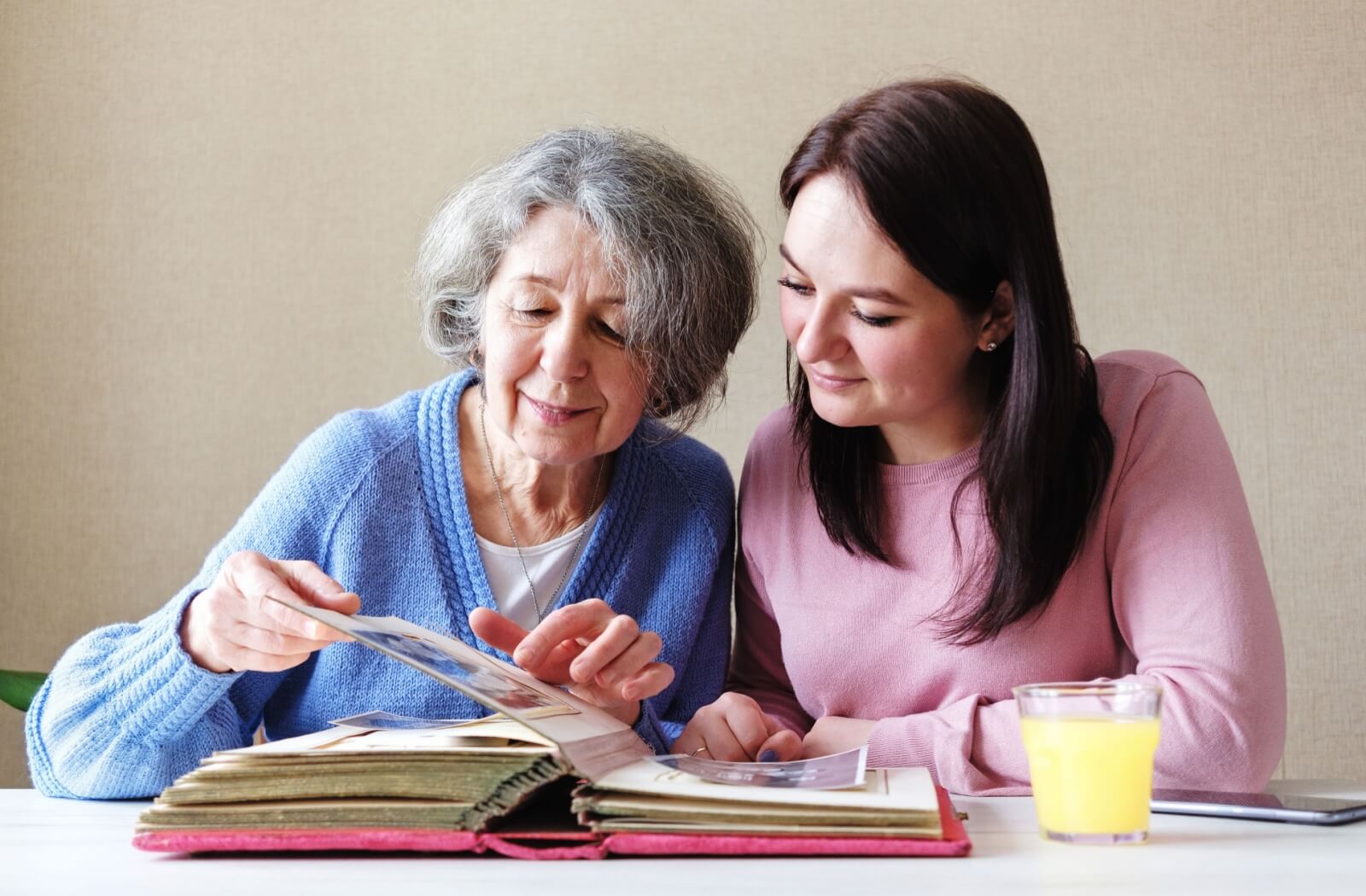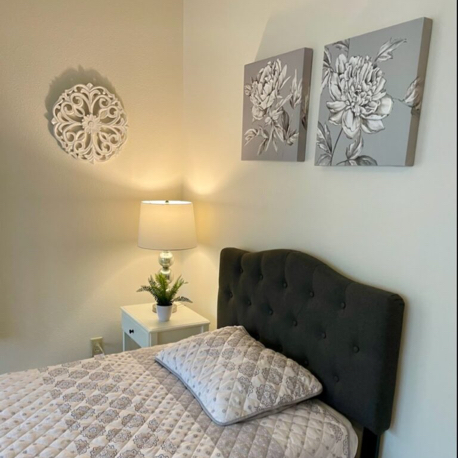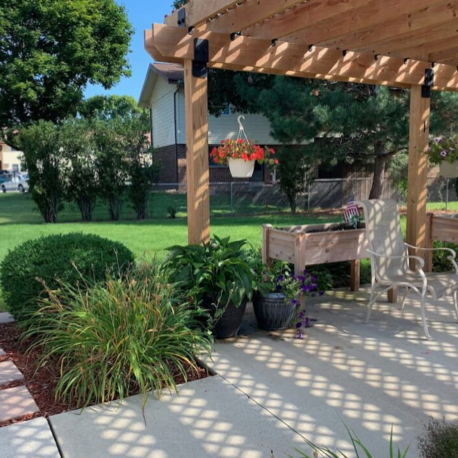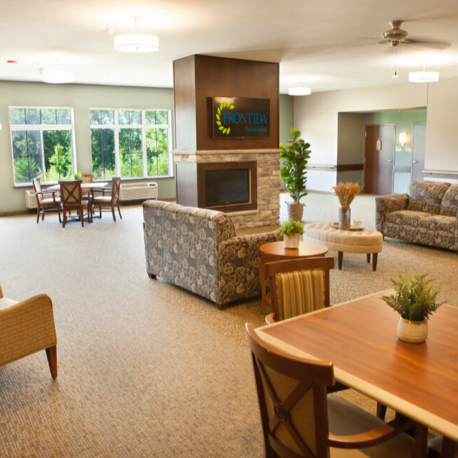Caring for a loved one with memory challenges can be overwhelming. However, there are many activities that can improve your loved one’s well-being and bring joy to both them and you. At Frontida Senior Living, our community offers a variety of enriching activities that encourage family involvement.
Simple activities like playing games, listening to music, engaging in creative arts, or sharing household chores can positively impact your loved one’s emotional health, cognitive abilities, and social connections.
The Power of Activities in Memory Care
For those living with Alzheimer’s disease or dementia, staying mentally and physically active can help reduce common symptoms such as agitation and wandering. Engaging in stimulating activities can improve your loved one’s quality of life by promoting cognitive function and emotional stability.
Promoting Emotional Well-being
Even with memory challenges, people living with dementia or Alzheimer’s can still experience happiness and satisfaction. Participating in enjoyable tasks, such as finishing an art project or completing a puzzle, can spark feelings of accomplishment, which significantly boosts their sense of well-being.
Fostering Social Connections
Loneliness and isolation can exacerbate dementia symptoms, making it important for your loved one to have regular opportunities to interact with others. Engaging in social activities can provide a sense of community and connection, which is crucial for maintaining emotional health.
Encouraging Independence
Dementia can sometimes erode an individual’s sense of identity and self-worth. Simple activities that allow for autonomy—whether that’s contributing to creative work or assisting with household tasks—can help restore a sense of purpose, making your loved one feel empowered and capable.
Fun Activities for Memory Care
Consider your loved one’s personal interests and preferences when choosing activities, and remember that you can adapt many options based on their abilities. Always consult with your loved one’s healthcare provider about any new activities to discuss safety and accessibility.
Music Therapy: A Timeless Companion
Research shows that music has therapeutic benefits for those living with dementia, helping to reduce anxiety and promote emotional regulation. Even people who struggle with verbal communication may respond positively to music through movement, clapping, or humming along to familiar tunes.
Tips for a Musical Experience:
- Choose familiar songs: Allow your loved one to choose their favorite music or collaborate to find songs they enjoy.
- Encourage movement: Singing, clapping, and dancing are all ways to engage with music.
- Reduce distractions: Create a peaceful environment free from distractions, like turning off noisy appliances or closing windows.
Creative Arts: A Path to Self-Expression
Art is a wonderful way to express feelings, boost creativity, and stimulate cognitive function. Whether it’s painting, drawing, or simple crafts, art allows your loved one to tap into their creative potential.
Important Considerations for Art Activities:
- Prioritize safety: Use non-toxic materials and avoid sharp tools.
- Respect their dignity: Offer age-appropriate, engaging projects that honor their individuality.
- Focus on the process: Encourage creativity without stressing the final result. The joy is in the act of creation, not perfection.
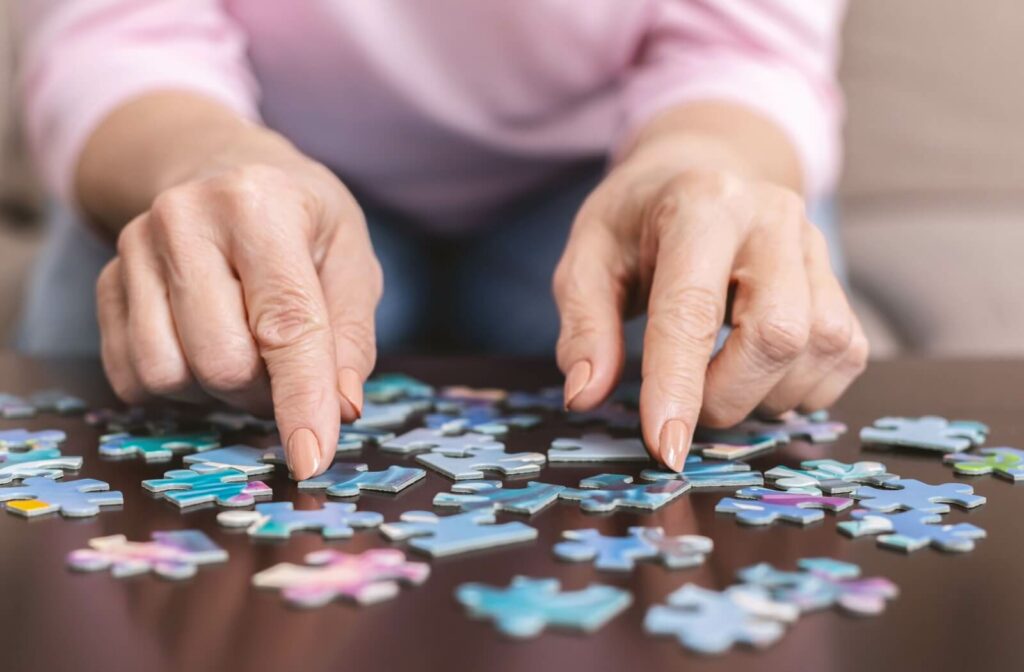
Games: Boosting Cognitive Function with Fun
Games can be both enjoyable and cognitively stimulating. Regular game-playing may help delay the progression of cognitive decline while providing social interaction.
Engaging Games Include:
- Word games: Crossword puzzles, word searches, and games like Scrabble or Wordle
- Board games: Classic games like Monopoly, Chess, or Trivial Pursuit
- Card games: Go Fish, Solitaire, or Uno
- Jigsaw puzzles: These are great for problem-solving and improving focus.
- Memory matching games: Simple card matching games help improve recall and recognition. You can use personalized photo cards for extra connection.
- Sudoku: A relaxing way to improve logical thinking with easy-to-read grids.
Physical Exercise: Movement for the Mind and Body
Physical activity can have a positive impact on both cognitive function and emotional well-being. Whether it’s a gentle stretch, group exercise, or light gardening, moving the body is essential.
Activities to Keep Your Loved One Active:
- Chair yoga: Gentle stretching that can be done while seated, perfect for those with limited mobility.
- Ball toss or catch: Tossing a soft ball back and forth improves hand-eye coordination and provides light aerobic exercise.
- Walking tours: Short walks around the home or garden encourage mobility. For those with limited mobility, consider a seated walk or a stroll in a wheelchair.
- Simple strengthening exercises: Use light weights or resistance bands for arm and leg exercises, helping to improve strength and flexibility.
- Group exercise: Many communities offer group classes, which also provide the added benefit of socialization.
Daily Tasks: Finding Purpose in Routine
Everyday chores like setting the table or folding laundry can provide a meaningful sense of accomplishment and promote independence. By engaging in these tasks together, you and your loved one may feel more connected to your past.
Simple Household Tasks:
- Folding towels or clothes
- Watering plants or tending to the garden
- Setting or clearing the table
- Organizing small items or collections
Social Interaction: Staying Connected
Social engagement plays a critical role in preventing feelings of isolation. Encourage your loved one to participate in group activities such as movie nights, singalongs, or social snack sessions, which are commonly offered at memory care communities.
Additional Social Ideas:
- Themed discussion groups: Use old photographs or family stories to spark discussions, helping your loved one connect with past memories.
- Pet therapy: Interacting with gentle pets can reduce stress and provide emotional comfort.
- Memory lane storytelling: Using photos or memorabilia, share memories from the past to encourage cognitive recall and emotional connection.
Searching for Senior Living in Wisconsin?
At Frontida Senior Living, we offer a variety of activities designed to promote cognitive health, social interaction, and overall well-being for residents. If you’re considering memory care for your family member, reach out to us today to learn more about our services and how we can help your loved one thrive in a supportive, enriching environment. Schedule a tour today!

